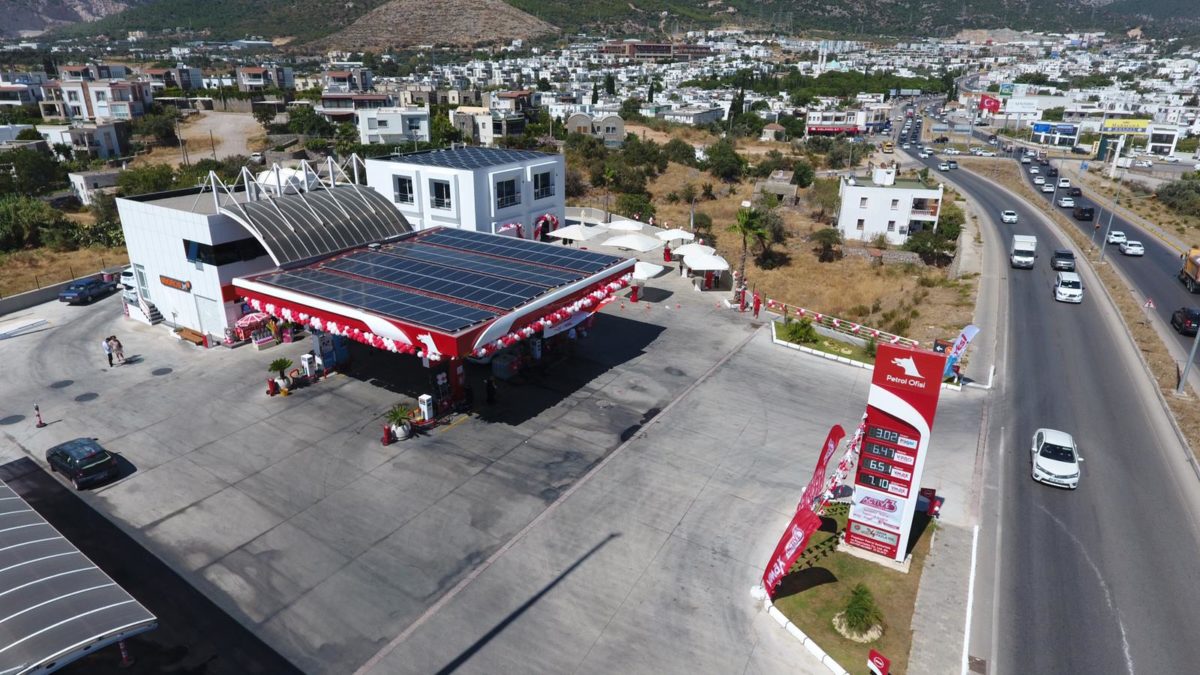The Turkish solar market is slowly pivoting towards self-consumption and net metered rooftop PV, according to the latest statistics published by grid operator Teias.
The statistics indicate 109 MW of new solar was added in the first quarter, most of it rooftop arrays, according to Hakki Karacaoglan, CEO of German business KRC Consulting. Turkey introduced net metering in May and the market has responded by starting to shift away from the MW-sized projects which have traditionally dominated.
PV analyst Karacaoglan told pv magazine the Turkish solar market could hit 800 MW this year, rather than the 400 MW the first-quarter figures would imply, bringing it near the 932 MW recorded last year.
The chief executive said the capacity figures would be boosted by measures introduced by the government permitting business to install ground-mounted solar on up to a quarter of the land they own. Previously, only rooftop and facade-mounted commercial systems were allowed.
Turkey reached 5,995 MW of solar generation capacity last year, with 5,826 MW supplied by systems with a capacity of no more than 1 MW, referred to as ‘unlicensed’. Though apparently small, unlicensed projects have frequently either stuck to the 1 MW capacity ceiling or been aggregated into larger, multi-1 MW solar farms.
Licensed projects – those awarded in public tenders – made up 169.7 MW of the national total at the end of the year.
PEKA tender
There was another blow for the large scale solar segment last week, with the news a 1 GW utility scale solar procurement round originally planned 15 months ago had again been postponed. The tender, planned under the government’s Renewable Energy Resources Area Project (Yeka) scheme, was postponed last January at the request of developers because of Turkey’s tough economic outlook at the time. It was understood the exercise would be held by the end of the year but it was eventually pushed back until this month.
Ankara has now announced the tender will be postponed until next year because of the Covid-19 pandemic.
Originally conceived as 1 GW of capacity in three big solar farms – 500 MW at Sanliurfa-Viransehir, 300 MW of solar plus storage at Nigde-Bor and 200 MW at the Hatay-Erzin site – the procurement round was reconfigured as 100 10-megawatt projects across 39 provinces.
The Solar Energy Roadmap report published by the Turkish PV association last year predicted the nation could install 38 GW of solar by 2030. A separate study, published by the Istanbul-based Shura Energy Transition Center in May 2018, had predicted solar could pass 20 GW by 2026.
This content is protected by copyright and may not be reused. If you want to cooperate with us and would like to reuse some of our content, please contact: editors@pv-magazine.com.




1 comment
By submitting this form you agree to pv magazine using your data for the purposes of publishing your comment.
Your personal data will only be disclosed or otherwise transmitted to third parties for the purposes of spam filtering or if this is necessary for technical maintenance of the website. Any other transfer to third parties will not take place unless this is justified on the basis of applicable data protection regulations or if pv magazine is legally obliged to do so.
You may revoke this consent at any time with effect for the future, in which case your personal data will be deleted immediately. Otherwise, your data will be deleted if pv magazine has processed your request or the purpose of data storage is fulfilled.
Further information on data privacy can be found in our Data Protection Policy.